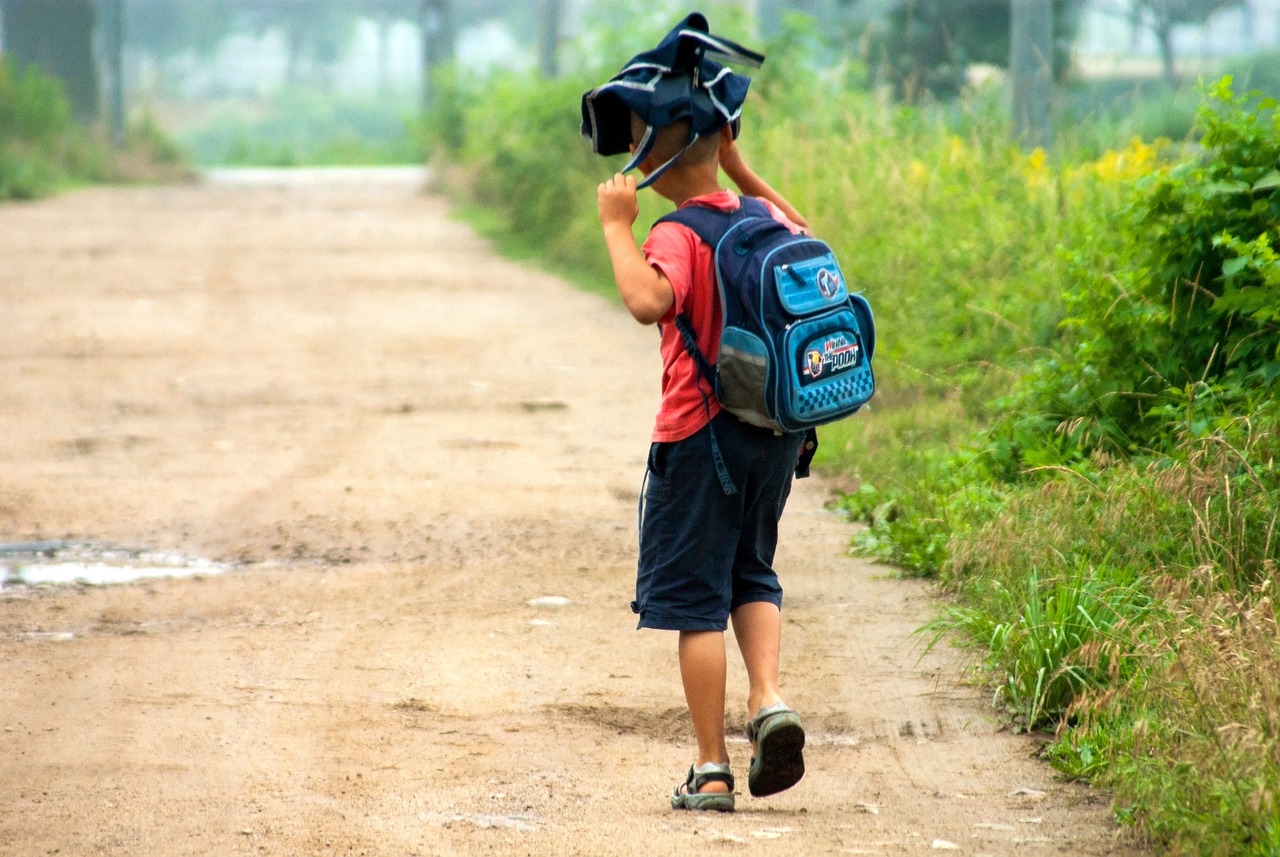There’s no task more challenging yet equally rewarding than becoming a parent. With parenting, there are different styles that can significantly influence a child’s development, affecting their psychological growth, emotional understanding, and social skills. While personality, personal experience, and cultural background are all factors that lead parents to develop a unique blend of different styles, there are four core parenting styles that psychologists have recognized and researched. Today, let’s have a little fun and explore these four types of parenting styles, taking a closer look to see how each one shapes our children.
Authoritarian Parenting
Often viewed as the “strict” parenting style, authoritarian parenting is characterized by high expectations and rigid rules. These are the types of parents who demand obedience and tend to use punishment rather than discipline. Authoritarian parents also expect their children to follow their rules at all times without asking any questions or having any complaints.
While this style of parenting might instill a strong sense of discipline and responsibility in children, it can also have several negative impacts. These children are likely to develop lower self-esteem, difficulty in social situations, and a higher risk of mental health issues. In short, parents of this type appear too unapproachable to their kids, making it difficult for them to reach out. Children from authoritarian homes may also become either overly aggressive or overly submissive in their future relationships with others. While it’s important for children to understand that misbehaviour comes with consequences, authoritarian parenting can certainly take a toll on nurturing a child’s independence and creativity.
 Photo by Yogendra Singh on Unsplash
Photo by Yogendra Singh on Unsplash
Permissive Parenting
On the other end of the spectrum, we have permissive parents who are often seen as too “lenient” or too “friend-like”. These types of parents provide very few guidelines or rules for their children in order to avoid confrontation.
However, permissive parents are generally nurturing and communicative, often taking on more of a friend role rather than a parental figure.
While this parenting style can lead to a strong emotional bond between parent and child, the lack of rules and discipline can result in children becoming self-centered, resistant to authority, and struggling with self-control. Not used to being managed, these children may also have difficulty following orders, managing their time, and working towards achieving goals. While it’s definitely crucial that parents develop a friendly and deep relationship with their children, it’s important that they aim to maintain a good balance between strictness and understanding. After all, discipline is key to developing a well-rounded individual.
 Image by dae jeung kim from Pixabay
Image by dae jeung kim from Pixabay
Neglectful Parenting
Neglectful parenting can almost be seen as a much more extreme form of permissive parenting - this style is characterized by a complete lack of responsiveness to a child’s needs. Neglectful parents don’t invest time into fulfilling their child’s basic needs, showing them little to no emotional involvement. This parenting style can often stem from parents being too overwhelmed by their own personal problems, which in turn, leads them to neglect their child’s needs.
There are a wide array of problems that come with this parenting style.
Children raised in such poor environments tend to struggle with self-esteem issues, perform poorly in school, and exhibit frequent behavioural problems. They likely feel neglected and struggle with feelings of abandonment, leading to future mental health issues. Although parents are surely dealing with their own set of struggles, it’s essential that you remain focused on prioritizing the emotional, psychological, and physical well-being of their child. It’s their responsibility to provide for someone who completely relies on them.
 Image by Sasin Tipchai from Pixabay
Image by Sasin Tipchai from Pixabay
Authoritative Parenting
Containing both the best qualities of permissive and authoritarian parenting, authoritative parenting is often seen as the most balanced approach. While parents will set clear rules and guidelines for their children to follow, they also respect their independence. Although high expectations are set, authoritative parents will provide all the resources and support their children will need to succeed.
Children who are raised in this positive environment tend to grow up to be confident, successful, and socially adept. They are likely to have better emotional control, good problem-solving skills, and higher self-esteem. Furthermore, they often perform well academically and are comfortable with expressing their inner thoughts and feelings. Thanks to the balancing of discipline and warmth, authoritative parenting focuses on nurturing a child’s individuality all while maintaining the role of an effective parent.
 Image by Nato Pereira from Pixabay
Image by Nato Pereira from Pixabay
As you can see, parenting styles can be very different from person to person, all leading to different outcomes for their children.
For many parents, you may not just follow one type of parenting, but a combination of a few. At the end of the day, as parents, we have an immense responsibility of providing a nurturing and supportive environment for our children to grow up in. Always strive to find the perfect balance that works for your household, adjusting your approach depending on your child’s unique needs and personality.







